Data science is a rapidly growing field that requires knowledge and skills in statistics, programming, and domain expertise. Staying up to date with the latest trends and techniques is crucial as the field continues to evolve. Reading books on data science is an effective way to expand your knowledge and stay current. However, with numerous options available, it’s essential to choose the right books that align with your expertise level and specific interests. In this article, we’ve researched and compiled a list of the best books on data science, catering to both beginners and experienced professionals.
Book 1: Data Science on AWS
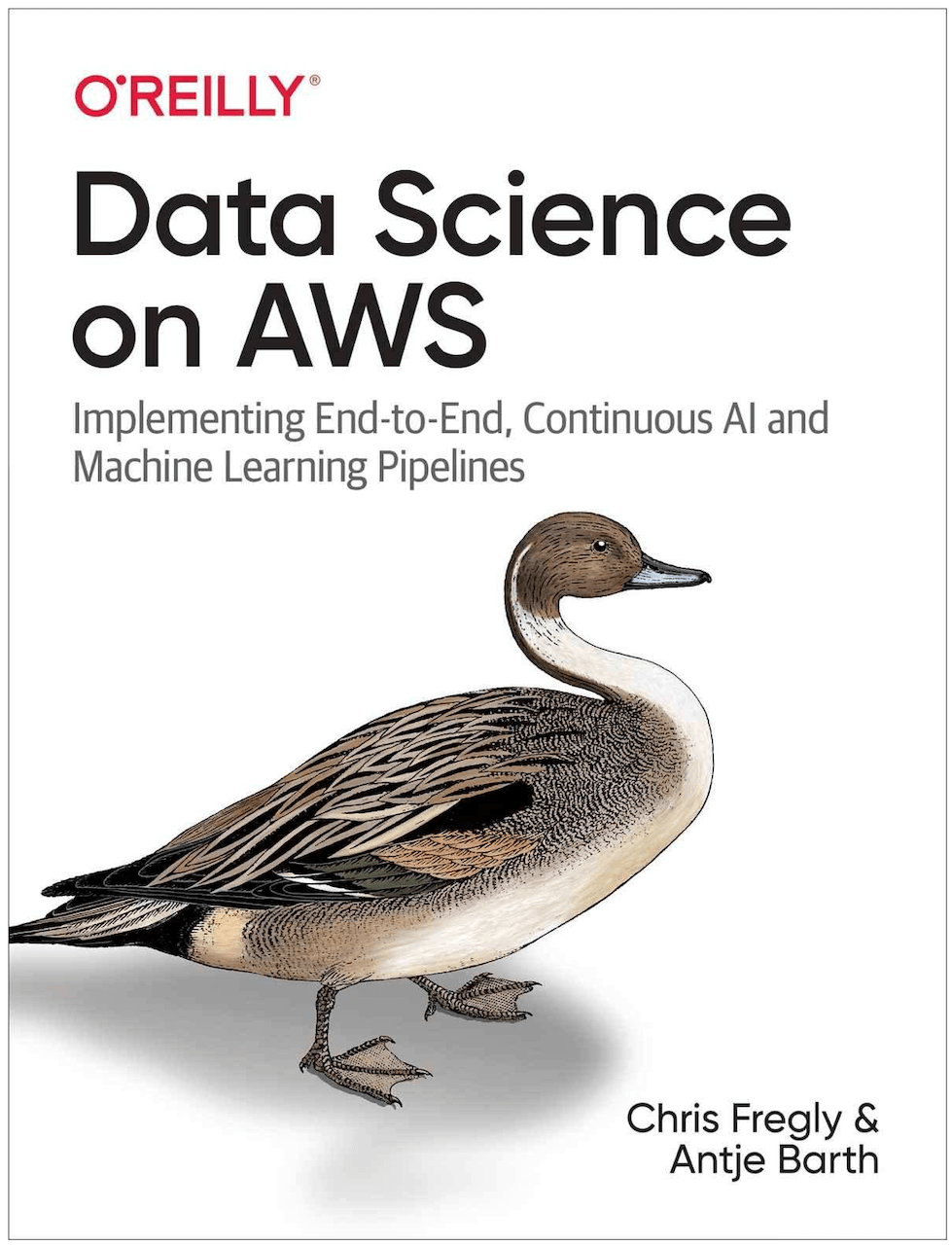
- Pros: Practical knowledge on using AWS ML services, comprehensive coverage of Amazon AI/ML stack, well-balanced code samples and explanations.
- Cons: Low-quality paper and black-and-white printing, potentially confusing coding chapters, some readers may find the price high for the physical book.
- Description: Data Science on AWS is a comprehensive guide that explores various AWS services within the Amazon AI/ML data science stack. It provides practical knowledge on utilizing AWS’s ML services and highlights the benefits of data science in the cloud. While the book offers valuable insights and practical examples, the print quality and presentation of code samples could be improved. Additionally, some readers may consider the price to be on the higher side. Nonetheless, if you’re looking to implement end-to-end AI and machine learning pipelines on AWS, this book is a valuable resource.
Book 2: Hands-On Gradient Boosting with XGBoost and scikit-learn
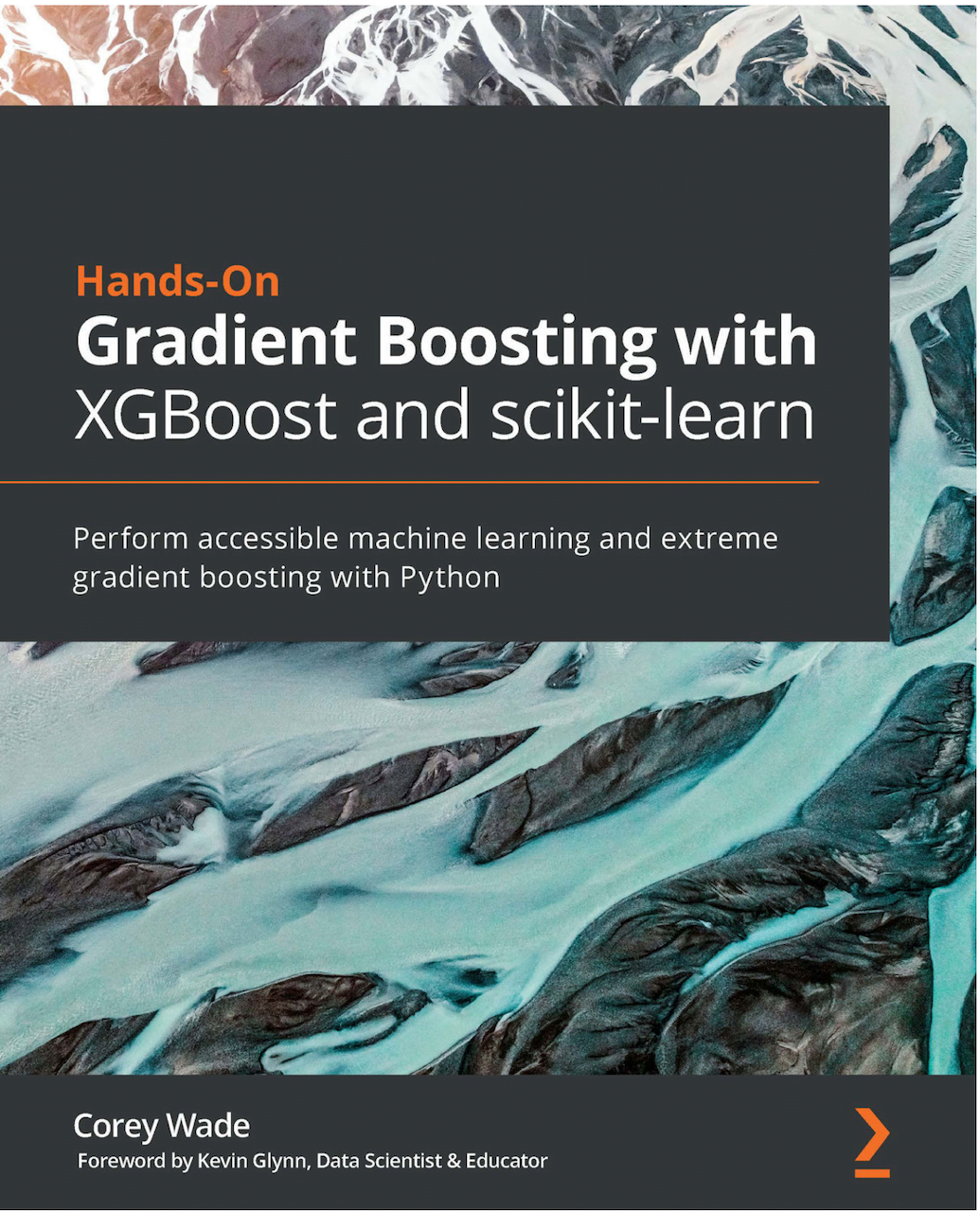
- Pros: Step-by-step approach to learning gradient boosting and machine learning with Python, comprehensive coverage of XGBoost and scikit-learn, real-world examples and case studies.
- Cons: May be too advanced for complete beginners, some readers may prefer a more theoretical approach, not as in-depth as other books on the topic.
- Description: Hands-On Gradient Boosting with XGBoost and scikit-learn is a comprehensive guide for learning machine learning and extreme gradient boosting using Python. It offers a step-by-step approach that caters to both beginners and experts. The book covers XGBoost and scikit-learn in detail, highlighting their strengths and weaknesses. Real-world examples and case studies provide practical insights. However, absolute beginners might find the content challenging, and those seeking a more theoretical exploration may need additional resources. Nevertheless, this book is an excellent resource for anyone interested in machine learning and gradient boosting with Python.
Book 3: Hands-On Data Analysis with Pandas: A Python Data Science Handbook, 2nd Edition
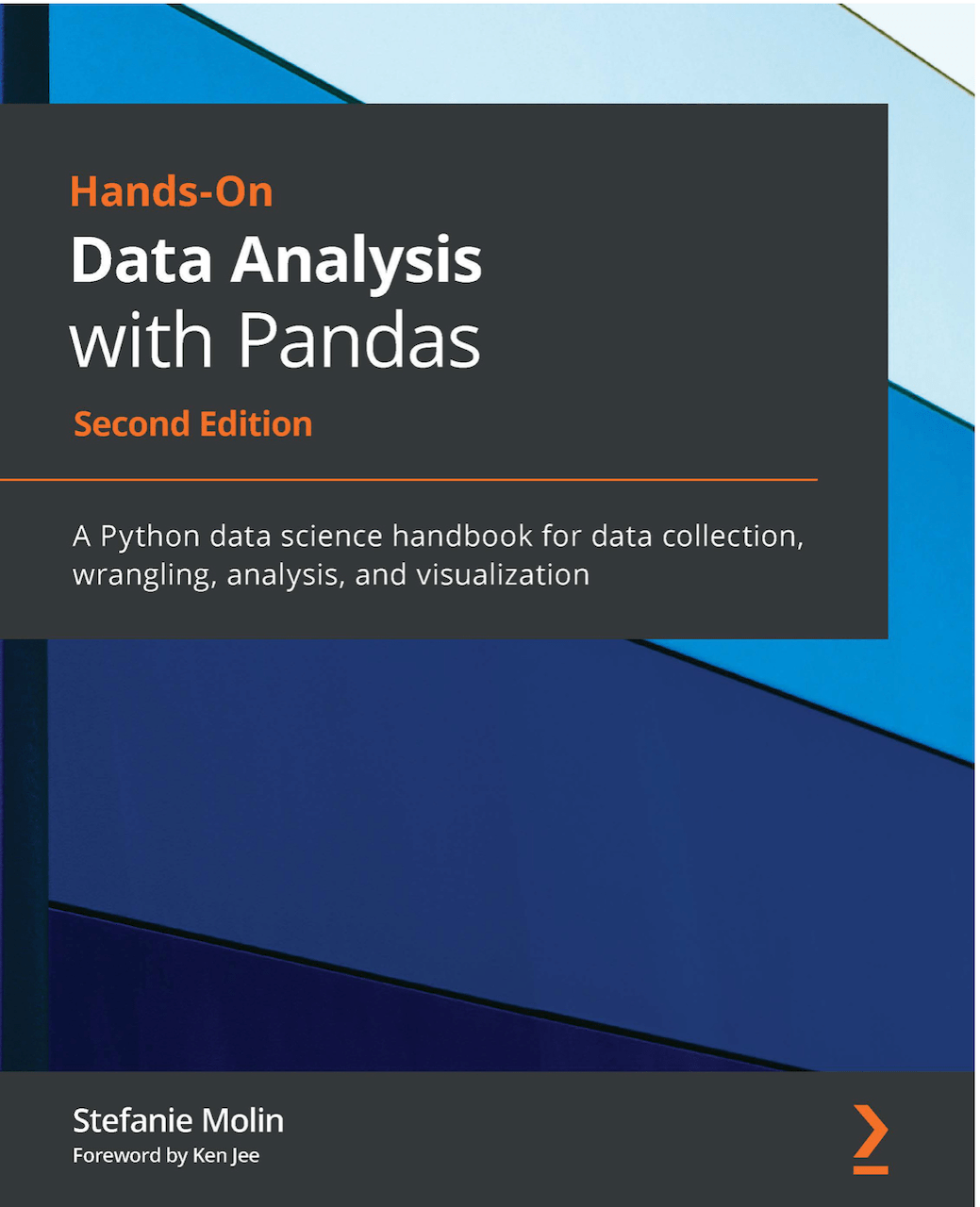
- Pros: Practical examples and real datasets, emphasis on the why behind data analysis, easy-to-follow tutorials using Jupyter notebooks.
- Cons: Not suitable for Python beginners, some readers may find it superficial, lacks in-depth coverage of certain topics.
- Description: Hands-On Data Analysis with Pandas is a comprehensive guide for intermediate and advanced Python users interested in enhancing their data analysis skills. The book focuses on data collection, wrangling, analysis, and visualization using Pandas. It incorporates practical examples and real datasets, helping readers understand the underlying principles. The use of Jupyter notebooks facilitates hands-on learning. However, beginners with no prior knowledge of Python may find it challenging. Additionally, some readers may expect more in-depth coverage of specific topics. Overall, this book is a valuable resource for Python users aiming to improve their data analysis capabilities using Pandas.
Book 4: Python for Data Analysis
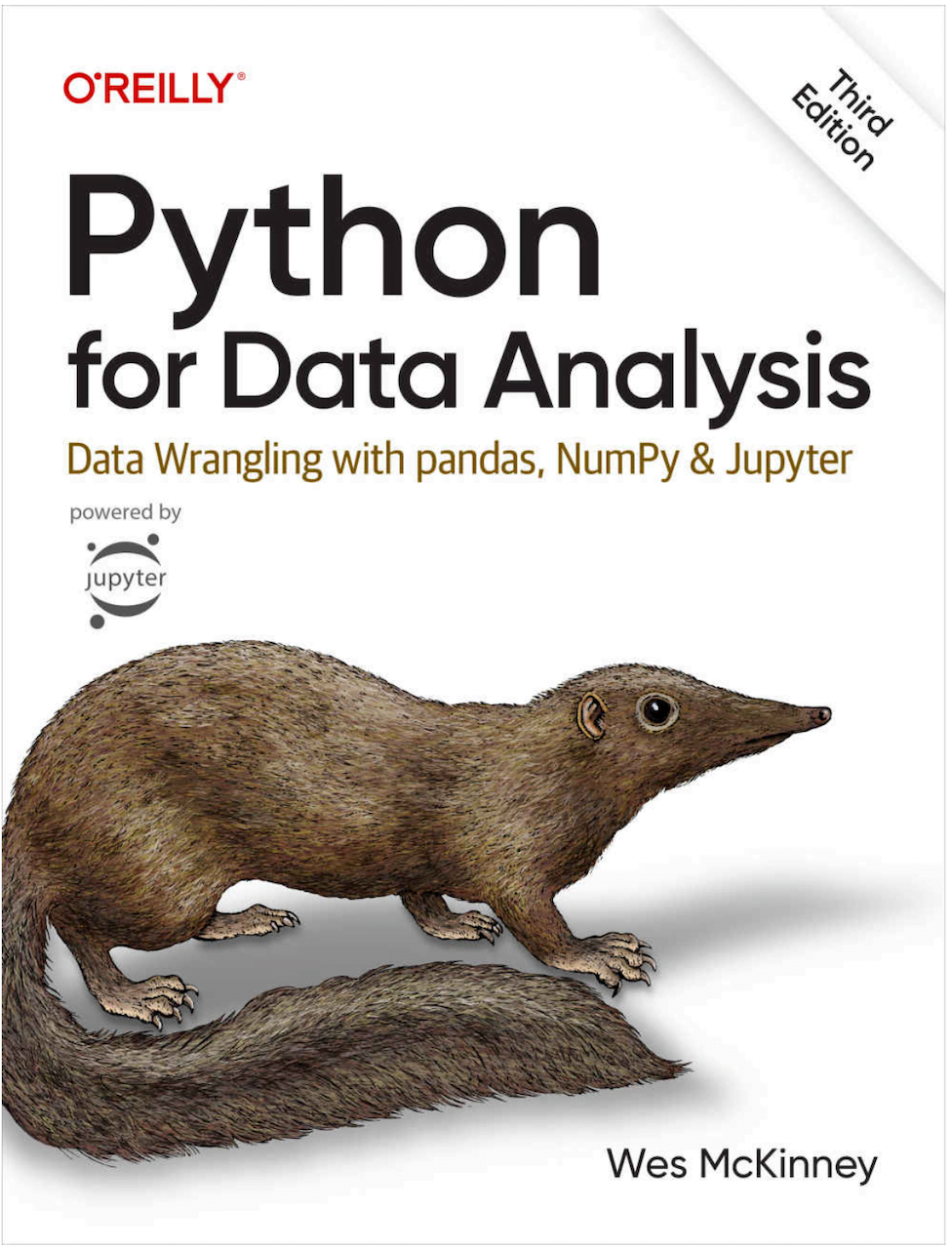
- Pros: Written by the creator of Pandas, covers essential basics of Python for data analysis, clear and concise examples.
- Cons: Could benefit from more real-world examples, explanations of advancedtopics may be brief for some readers, assumes prior knowledge of Python.
- Description: Python for Data Analysis is an excellent choice for those looking for a comprehensive guide to using Python for data analysis. Written by the creator of Pandas, the book covers all the essential basics and provides a solid foundation for utilizing Python as a data analyst. The clear and concise examples make it easy to understand and follow along. However, some readers may desire more real-world examples to aid in applying the concepts they’ve learned. Additionally, the explanations of advanced topics could be more comprehensive for readers seeking a deeper understanding. Prior knowledge of Python is assumed, so beginners may need additional introductory material before diving into this book.
Book 5: A Hands-On Introduction to Data Science
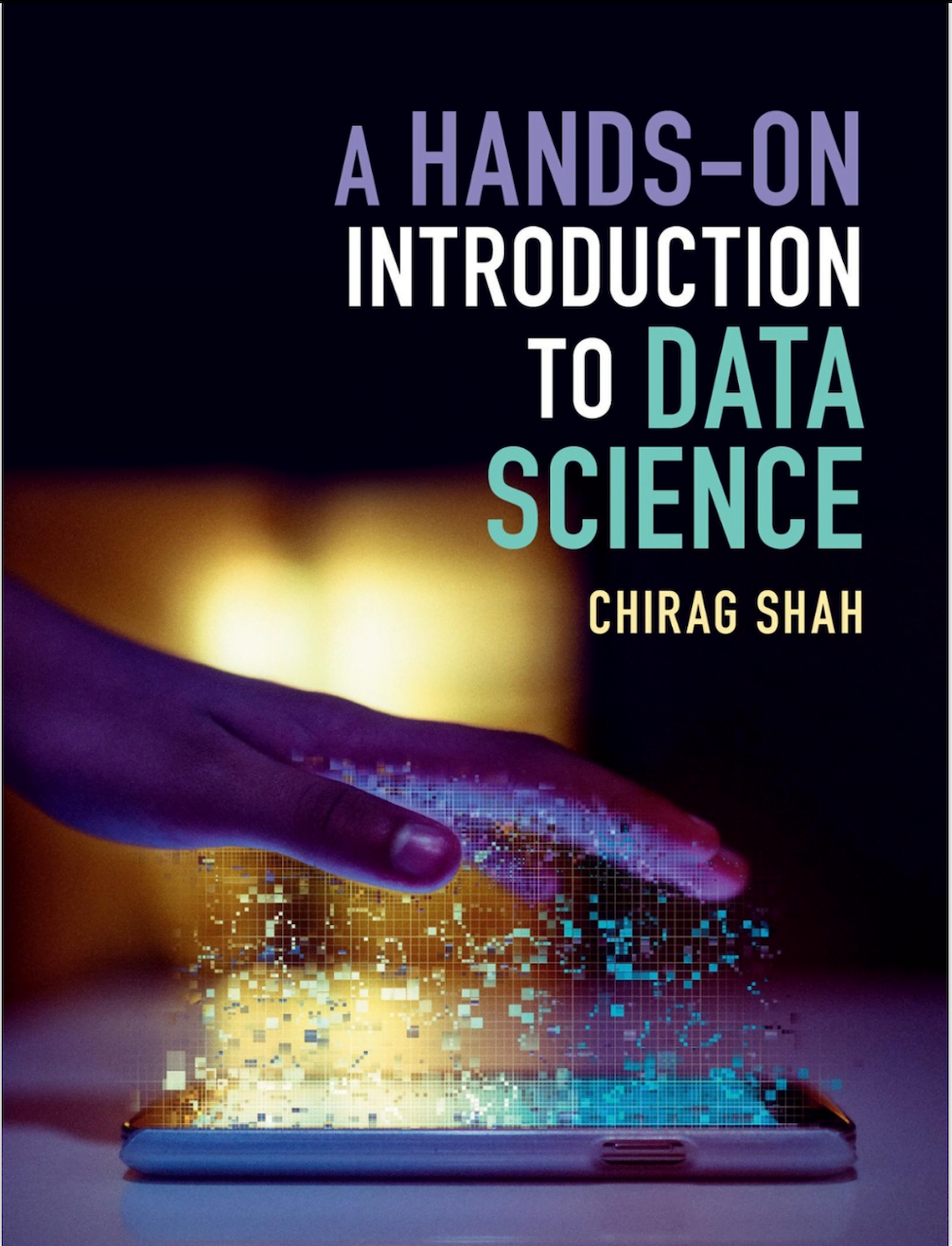
- Pros: Broad overview of the field of data science, hands-on examples and exercises, clear and accessible writing style.
- Cons: May be too basic for those with advanced knowledge, examples and exercises may be simplistic, lacks in-depth coverage of some topics.
- Description: A Hands-On Introduction to Data Science is an ideal starting point for individuals new to data science. The book covers a wide range of topics, including data visualization and machine learning, with plenty of hands-on examples and exercises to reinforce learning. The writing style is clear and accessible, even for complex concepts. However, those with advanced knowledge may find the content too basic. Some readers may also consider the examples and exercises to be simplistic. While the book provides a comprehensive overview, it does not delve deeply into every topic. Overall, it serves as an excellent introduction to data science, but readers with more experience may require additional resources for further exploration.
Conclusion: In the dynamic field of data science, staying informed and expanding your knowledge is vital. Books provide valuable insights and expertise for data scientists of all levels. Whether you’re a beginner looking to grasp the fundamentals or an experienced professional seeking the latest trends, the recommended books in this article are sure to enhance your understanding and skills in data science. Choose the books that align with your interests, expertise level, and desired topics, and embark on a rewarding journey of learning and growth in the field of data science.

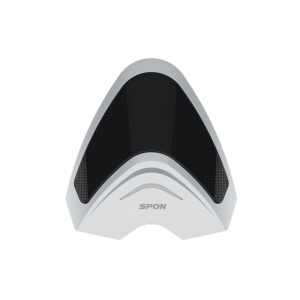


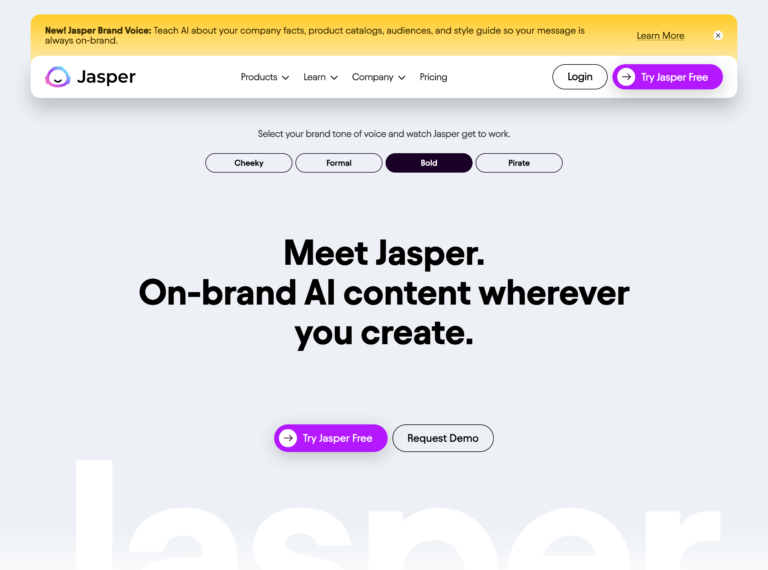



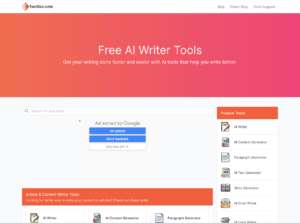
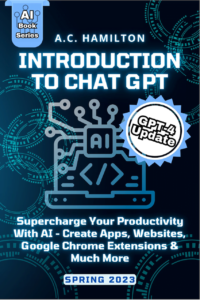

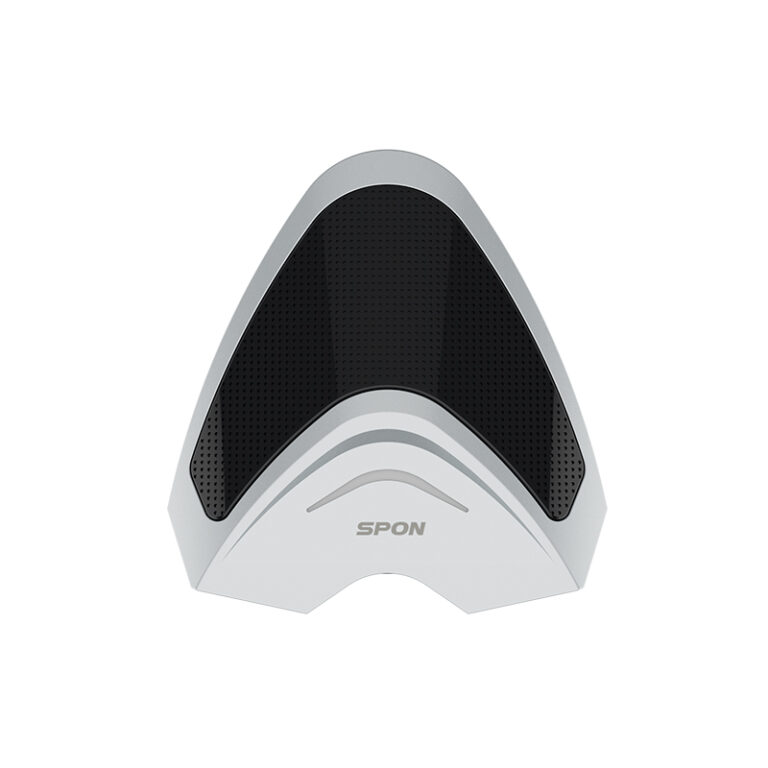



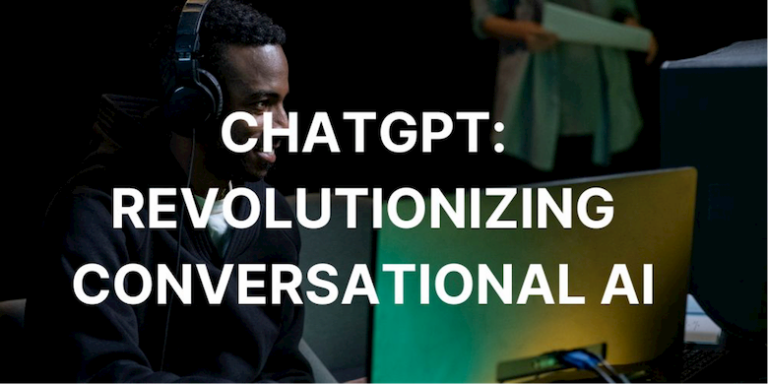

+ There are no comments
Add yours